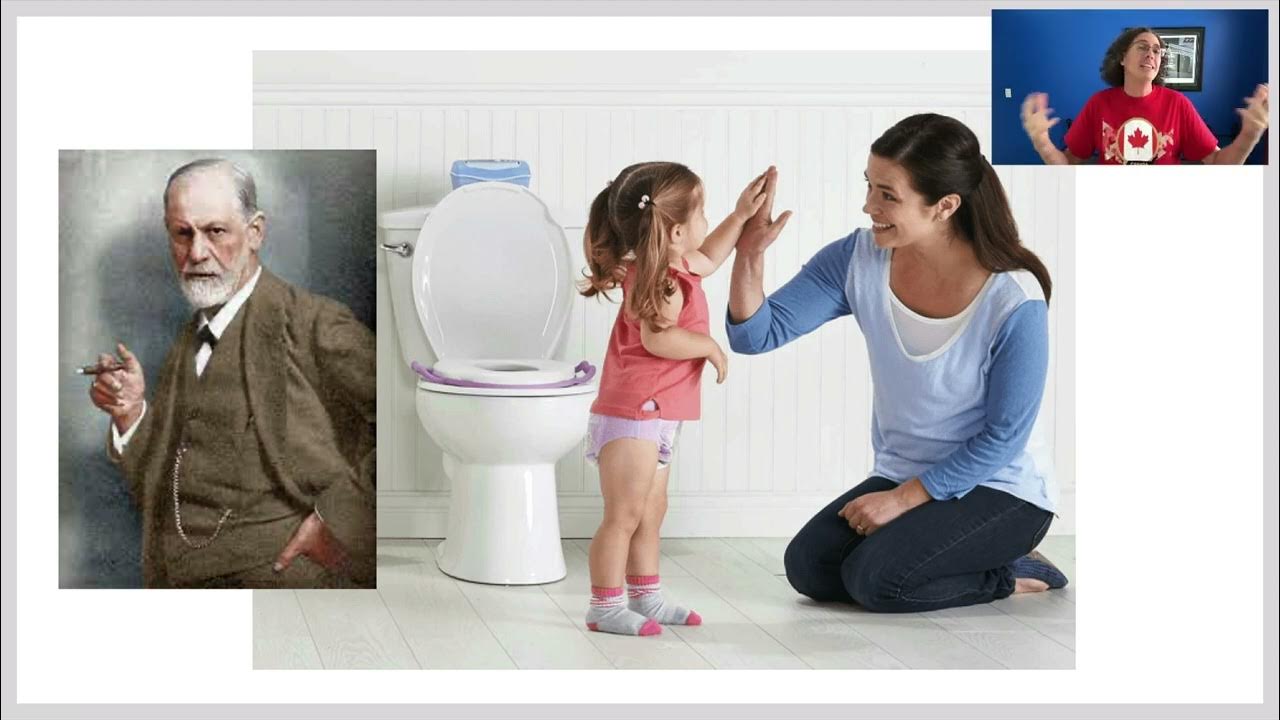Modul 2 Prinsip Pendidikan yang Memerdekakan Praktik Pendidikan yang Memerdekakan
Summary
TLDRThe transcript explores the concept of 'freedom' in education, emphasizing how children should be seen as complete beings with natural abilities, emotions, and autonomy. The speaker stresses the importance of education as a process of humanization, where children continually perfect themselves. The key to this is creating an ecosystem where children feel safe, comfortable, and free to develop. Dialogues, exploration, and planning in a community environment are essential for fostering this growth, with educators playing a vital role in facilitating and supporting this journey.
Takeaways
- 😀 Education should empower children, returning them to their natural state as beings with free will.
- 😀 Human beings are created perfect, with intellect and emotions, which should guide their development.
- 😀 Education must nurture children's awareness, which in turn drives their will to act and grow into fully realized humans.
- 😀 True freedom in education involves freedom from external pressures, allowing children to follow their own path.
- 😀 The purpose of education is humanization, a process of continuous self-improvement for children.
- 😀 Creating a safe and comfortable learning environment is essential for children's growth and development.
- 😀 Dialogue between educators and children is crucial for understanding each other's desires and needs.
- 😀 Educators should avoid assumptions and instead engage in open conversations with children to understand their perspectives.
- 😀 Education should provide opportunities for exploration, where children can freely experiment and learn.
- 😀 Teachers must collaborate and participate in assessing and improving the educational ecosystem to enhance learning outcomes.
Q & A
What is the core idea of the educational paradigm discussed in the transcript?
-The core idea is that education should focus on freeing children to develop their innate potential, including their intellect, emotions, and will. This approach emphasizes humanization and providing children with the freedom to explore and grow.
How does the speaker describe children in the context of education?
-Children are described as complete beings, created with intellect, emotions, and will. They are naturally perfect and capable of continuous self-improvement. Education should nurture these inherent qualities.
What does 'merdeka' (freedom) mean in the context of education?
-'Merdeka' refers to both freedom from external pressures and the freedom to pursue personal goals. It emphasizes the need for children to act according to their own will, which is essential for their development.
What is the relationship between humanization and education?
-Humanization in education refers to the process of continuously helping children perfect themselves as human beings. The goal of education is not just knowledge transfer but the holistic development of children, helping them become better individuals.
Why is the educational environment important according to the transcript?
-The educational environment must be supportive, safe, and comfortable. It needs to be an ecosystem that nurtures children’s growth, allowing them to explore, learn, and express themselves freely.
What role does dialogue play in the educational process?
-Dialogue is essential as it fosters understanding between educators and students, helps break down assumptions, and encourages mutual learning. It is a tool for educators to understand children's needs and for students to express themselves.
How can educators and children collaborate in the learning process?
-Educators and children can collaborate by engaging in dialogue, setting goals together, and creating opportunities for children to plan their own learning journeys. This collaborative approach ensures that the learning process respects the children’s desires and needs.
What does the transcript suggest about the role of adults in education?
-Adults, including educators, are there to accompany and guide children in their learning journey. They must be willing to follow the children's lead, supporting them as they explore and develop their ideas.
What is the importance of planning in the educational process as discussed in the transcript?
-Planning is essential for ensuring that both individual and collective goals are met. Children are encouraged to make their own plans, which are then harmonized within the community, fostering shared respect for time and resources.
How does the speaker define the ultimate goal of education?
-The ultimate goal of education is to facilitate humanization, helping children continuously perfect themselves as human beings. Education should guide them toward fulfilling their potential, with a focus on both personal growth and collective well-being.
Outlines

Cette section est réservée aux utilisateurs payants. Améliorez votre compte pour accéder à cette section.
Améliorer maintenantMindmap

Cette section est réservée aux utilisateurs payants. Améliorez votre compte pour accéder à cette section.
Améliorer maintenantKeywords

Cette section est réservée aux utilisateurs payants. Améliorez votre compte pour accéder à cette section.
Améliorer maintenantHighlights

Cette section est réservée aux utilisateurs payants. Améliorez votre compte pour accéder à cette section.
Améliorer maintenantTranscripts

Cette section est réservée aux utilisateurs payants. Améliorez votre compte pour accéder à cette section.
Améliorer maintenantVoir Plus de Vidéos Connexes

Are we mature by 18? - CrowdScience podcast, BBC World Service

Jean-Jacques Rousseau: Education as a Path of Nature and Freedom

The Science Behind Sanatan Dharma | Sadhguru

Freedom From A Psychology Perspective

The Deep Philosophy of Humanity | Blade Runner | stuff hai

Istri yg bekerja apa di sebut mencari nafkah?
5.0 / 5 (0 votes)
